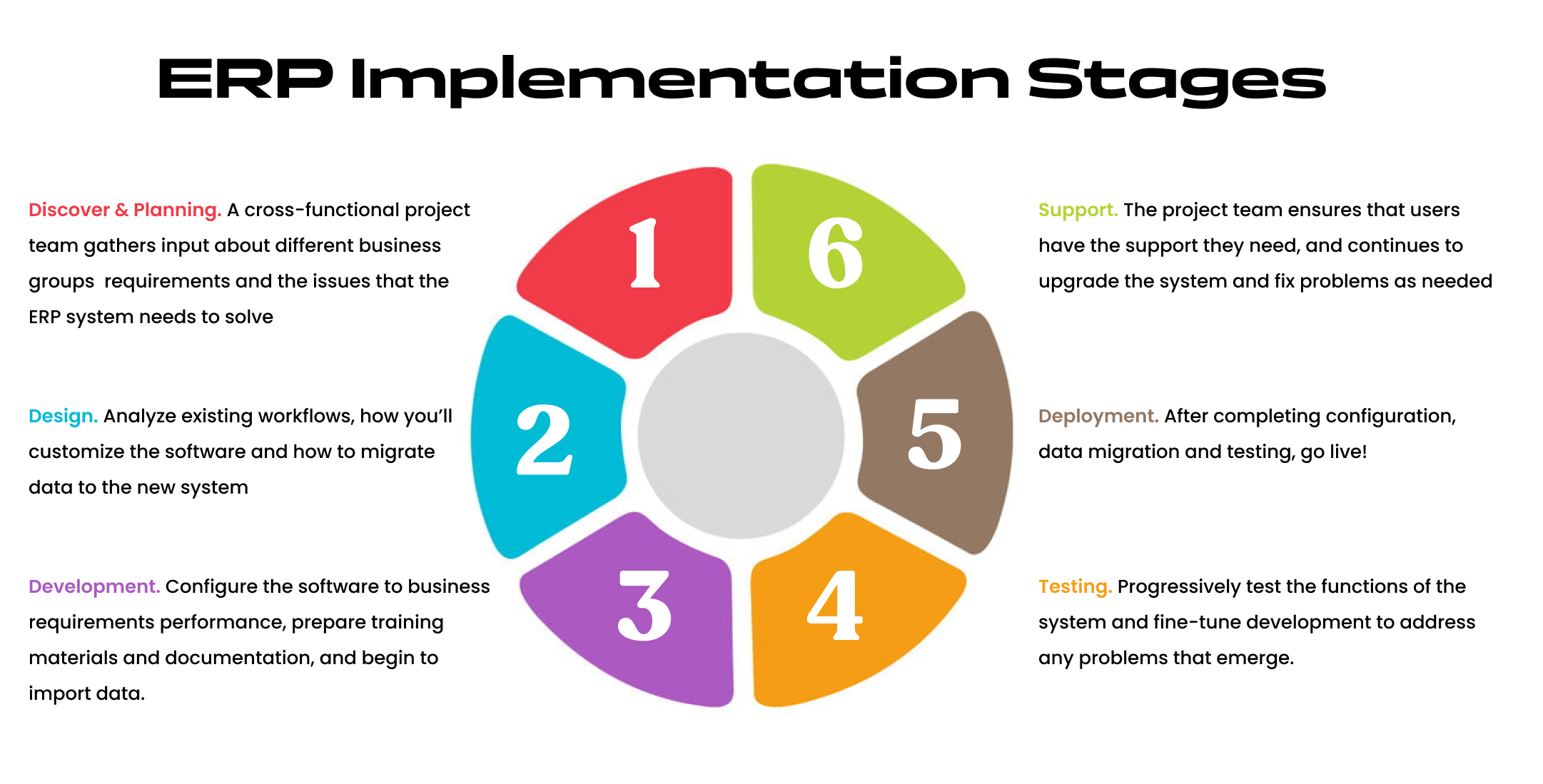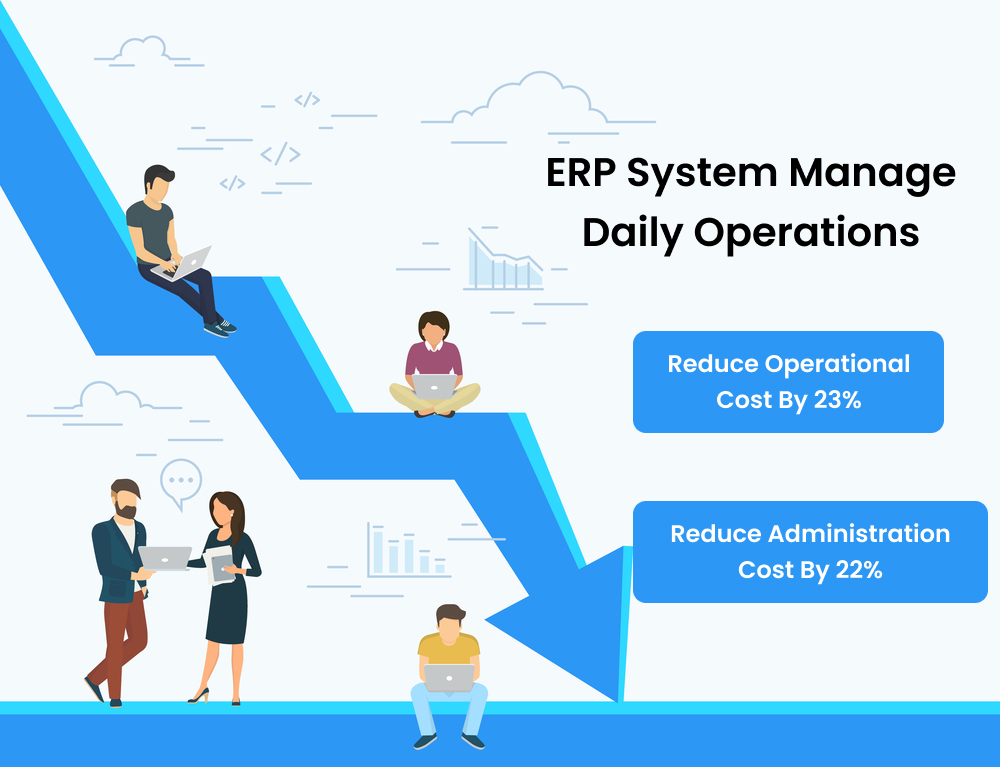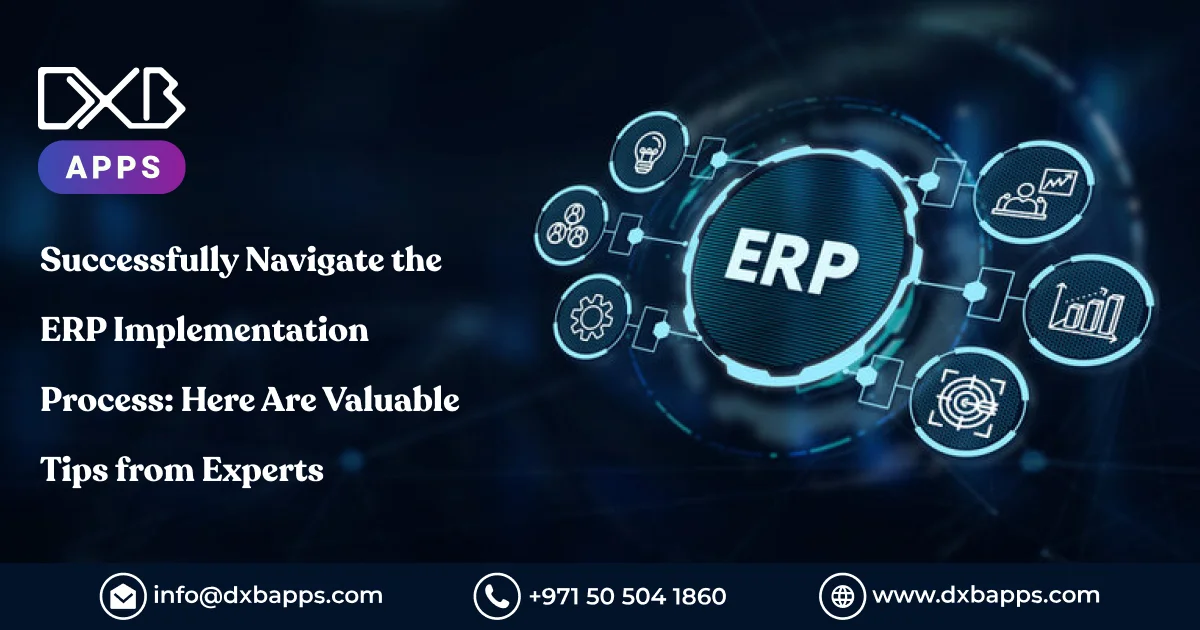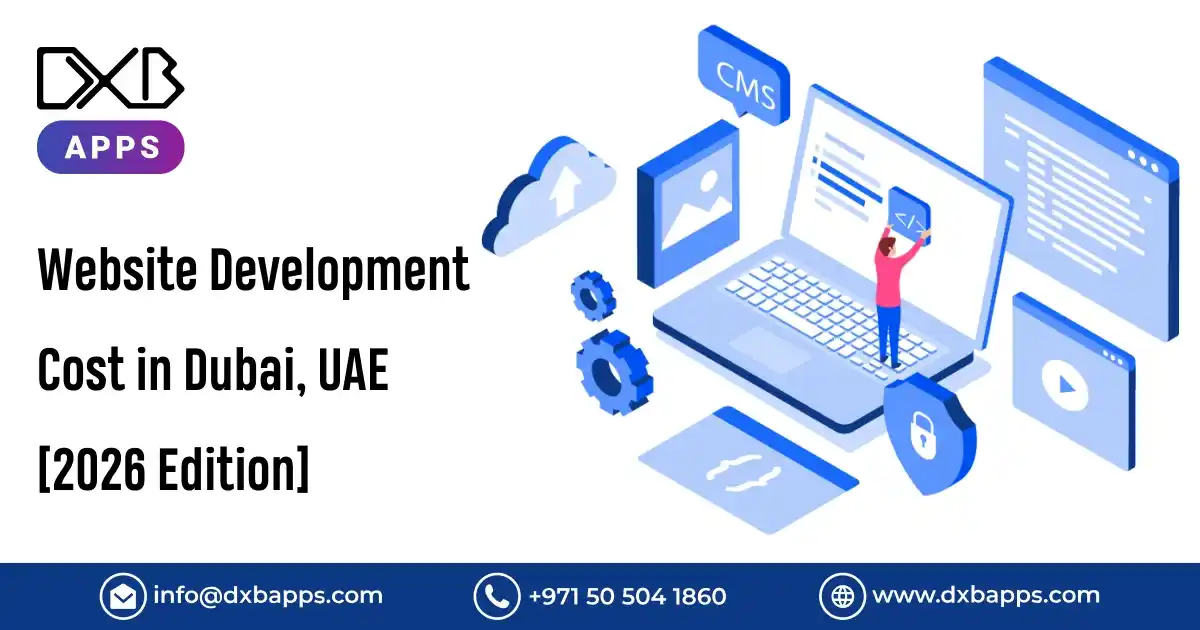Enterprise Resource Planning (ERP) software has become essential for businesses trying to boost productivity, grow, and simplify operations in today's fast-paced corporate environment. But putting in place the top Erp software Dubai is a challenging task; it calls for thorough planning, smart execution, and the knowledge of seasoned experts. In this blog, we'll explore the challenges of managing the best Erp software implementation process, providing insightful analysis and practical advice from subject-matter specialists.

Comprehending The Process of ERP Implementation
Understanding the ERP deployment process by top ERP companies in Dubai is important before digging into the advice. Usually, there are multiple steps in the process, such as:
Planning and Preparation:
This stage entails choosing the best ERP technology and vendor, defining goals, evaluating existing systems, and creating budgets.
Design:
In this phase, companies collaborate with suppliers to modify the ERP system to suit their unique requirements. This includes setting up workflows, fusing modules, and charting procedures.
Development:
Coding, testing, and refining are frequently involved in building and customization while providing the best Erp solution in Dubai based on the design parameters.
Testing:
Extensive testing is done to ensure the best Erp Dubai operates as planned and to find and fix any errors or problems.
Training:
To ensure a seamless adoption and transition, staff members receive in-depth training on operating the new ERP system.
Deployment:
The ERP system is implemented throughout the company, with vendor assistance available to handle unforeseen issues or problems.
Improvement:
Ongoing monitoring, feedback, and improvement initiatives are made to increase the Erp software solution's efficacy and efficiency over time.
A survey indicates that 74% of ERP projects take longer to deploy than anticipated.

Valuable Tips From Experts For The Advanced ERP Implementation Process
Let's now examine some priceless advice from professionals to help you effectively traverse the ERP adoption process:
Begin with a well-defined goal and plan:
A well-defined strategy and a clear picture of your goals are essential before starting an ERP implementation project by Dubai's best ERP software companies. Spend some time determining the main areas of discomfort, areas for development, and intended results to match your ERP goals with your entire business objectives.
Obtain Stakeholder Buy-In:
Stakeholders from all over the company, including CEOs, department heads, IT teams, and end users, must work together and support ERP deployment. Early in the process, involve stakeholders, explain the advantages of the ERP system, and proactively handle any objections or concerns.
Select the Appropriate ERP Solution and Provider:
Making the correct ERP solution and vendor choice is critical to the implementation project's success. Perform in-depth research, assess several providers, and select a solution that fits your budget, scalability demands, and business objectives. Seek suppliers with a strong support network, a track record of accomplishment, and industry knowledge.
Pay Attention to Change Management
Significant adjustments to organisational culture, workflows, and processes are frequently required while implementing ERP. Invest in change management programs to help staff members adjust to the shift, reduce resistance, and promote an environment that values transparency, flexibility, and ongoing education.
"Successful ERP implementation is not just about technology; it's about people, processes, and a strategic approach to change management."
Give data integration and migration top priority:
To guarantee your ERP system's precision, entirety, and consistency, efficient data movement and integration are necessary. Create a thorough plan for moving data, clean and standardise the data before moving it, and set up procedures for continuing data integration with databases and systems that are already in place.

Make Support and Training Invested:
For an ERP deployment to go smoothly and successfully, staff members at all organisational levels must be given thorough training and assistance. Provide practical training sessions, user guides, internet resources, and continuous support channels to handle queries, issues, and difficulties properly.
Adopt a Gradual Approach:
Consider adopting a phased strategy, concentrating on one module or department at a time instead of trying to implement the entire ERP system simultaneously. This makes better management, risk reduction, and flexibility possible, allowing you to take lessons from each stage and modify as necessary.
Determine metrics and key performance indicators (KPIs):
Establish quantifiable KPIs and metrics to monitor the accomplishment and effects of your ERP deployment project. Establish vital benchmarks for productivity, efficiency, cost savings, customer happiness, and other pertinent areas. Then, regularly track your progress against these measures to ensure it's on track with your objectives.
According to Aberdeen Group research, companies that use efficient ERP systems see a 23% decrease in operating expenses.
DXB APPS: A High-End Web Design And Development Company Dubai
In addition to being a pioneer in ERP solutions, DXB Apps is the best web design company Dubai. It is the top web design firm in Dubai, creating beautiful websites that convert visitors into sales by fusing technological know-how, creativity, and usefulness. You can rely on them to realize your idea, whether you're trying to introduce a new digital platform or remodel your online presence.
Conclusion
While navigating the ERP implementation process by Dubai's best ERP software solution provider can be difficult, it can also be a rewarding path to operational excellence and corporate transformation with careful planning, strategic execution, and expert assistance. Organizations can optimize their ERP deployment efforts by adhering to the guidelines provided in this blog and utilizing the expertise of seasoned specialists.
Recall that implementing an ERP involves more than simply installing new software; it also entails bringing about significant change, streamlining procedures, and enabling staff members to reach their most considerable potential. Your company can successfully manage the ERP adoption process and become stronger and more resilient than ever if it has the correct attitude, tools, and support.
FAQs
Q1: What is the average duration of ERP implementation?
A1: The time it takes to deploy ERP varies based on the organization's size, the complexity of its processes, and the level of customization. It might last anywhere from six months to two years on average.
Q2: What typical difficulties arise when using ERP?
A2: A few typical problems are scope creep, staff reluctance to change, poor training, and issues with data migration.
Q3: How can businesses ensure the switch to the new ERP system goes smoothly?
A3: Investing in thorough planning, successful change management techniques, and ongoing optimization and monitoring.
Q4: How does a web Development Company fit into the ERP adoption process?
A4: All web development companies offer state-of-the-art ERP solutions customized to meet the particular requirements of companies, together with professional advice and assistance during the implementation process.
Q5: How much does it cost to deploy an ERP system?
A5: Depending on several variables, including the organization's size, the intricacy of its operations, the ERP solution used, the degree of customization, training costs, and recurring maintenance fees, the costs of implementing ERP can differ dramatically. To guarantee a successful deployment without financial pressure, companies must budget appropriately and consider both upfront and long-term expenditures.


















